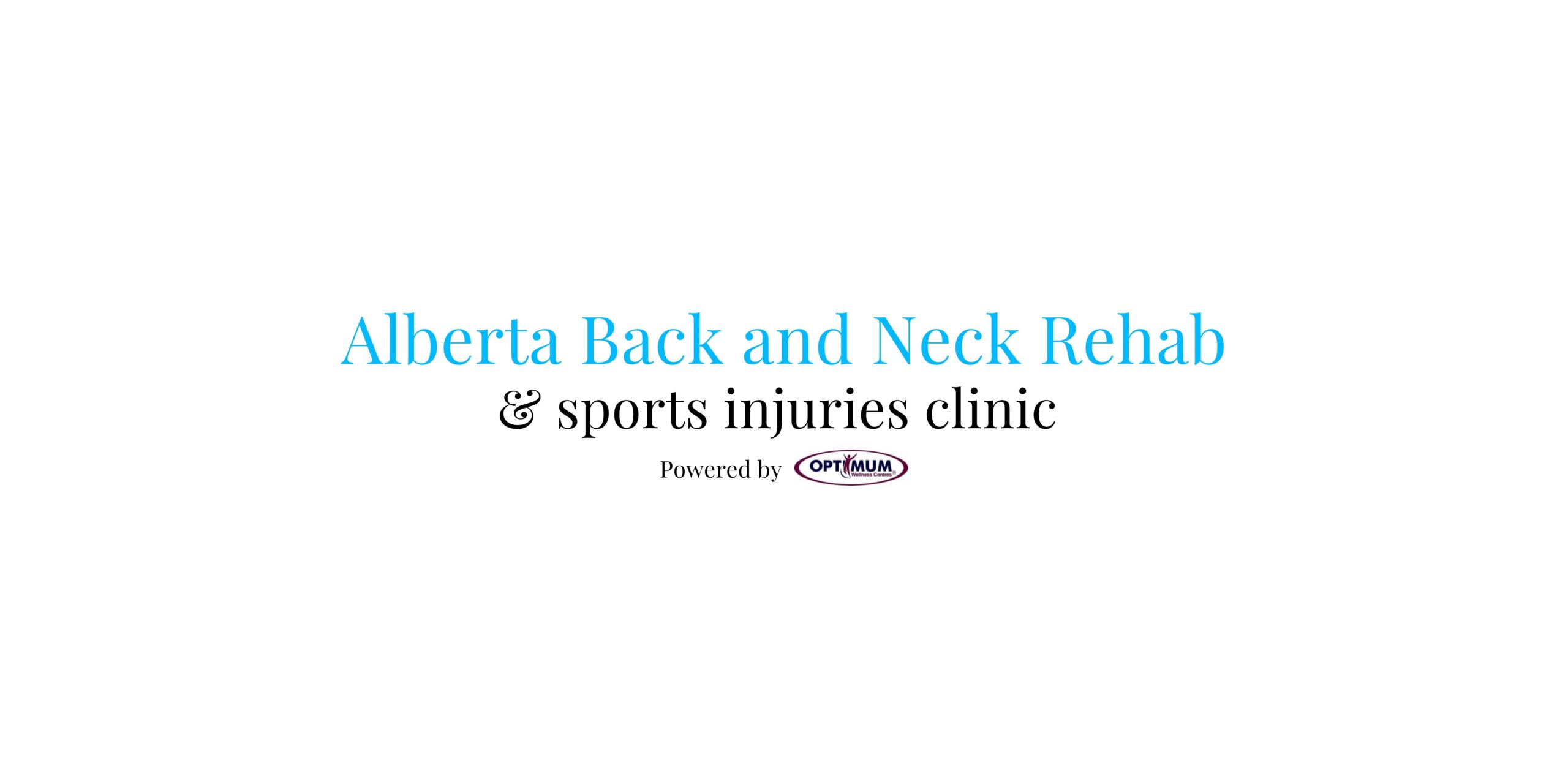The prevalence of sports injuries
Sports injuries are common in athletic activities, affecting individuals of all ages and skill levels. Whether it’s a sprained ankle from basketball or a torn ligament from soccer, sports injuries can significantly impact an athlete’s physical well-being and performance. According to studies, millions of people worldwide suffer from sports-related injuries each year. Factors such as intense training, improper technique, inadequate warm-up, and overuse contribute to the prevalence of these injuries. It is crucial for athletes and sports enthusiasts to be aware of the risks associated with their chosen activities and take necessary precautions to prevent or minimize the occurrence of sports injuries.
Mental strategies for overcoming sports injuries
Dealing with a sports injury can be mentally challenging for athletes. The road to recovery often involves not only physical rehabilitation but also psychological resilience. Athletes can employ various mental strategies to overcome sports injuries and maintain a positive mindset throughout healing. These strategies include setting realistic goals, visualizing successful recovery, practising relaxation techniques such as deep breathing and meditation, seeking support from coaches, teammates, and healthcare professionals, and focusing on other aspects of their lives outside of sports. By adopting these mental strategies, athletes can enhance their psychological well-being and increase their chances of successful rehabilitation.
Types of Sports Injuries
Sports injuries can manifest in various forms depending on the nature of the activity and the body part affected. Some common types of sports injuries include joint injuries, brain injuries, soft tissue injuries, and fractures.
Joint injuries
Joint injuries are prevalent in sports that involve repetitive movements or sudden impacts on joints. These injuries can range from mild sprains to severe dislocations or ligament tears. Common joint injuries include sprained ankles, dislocated shoulders, and torn knee ligaments. Proper warm-up exercises, wearing appropriate protective gear, and maintaining good form during physical activities can help reduce the risk of joint injuries.
Brain injury
Brain injuries like concussions are a serious concern in contact sports like football, rugby, and boxing. These injuries occur when a blow to the head causes the brain to move rapidly within the skull. Symptoms of a brain injury can range from mild to severe and may include headaches, dizziness, confusion, memory loss, and changes in mood or behaviour. It is crucial for athletes to prioritize their safety by wearing appropriate protective equipment and following proper techniques to minimize the risk of brain injuries. In cases where a brain injury occurs, seeking immediate medical attention and following a structured recovery protocol is essential.
Soft tissue injury
Soft tissue injuries involve damage to muscles, tendons, or ligaments. These injuries can occur due to overuse, sudden movements, or direct impact. Common soft tissue injuries include strains, sprains, and contusions. Symptoms may include pain, swelling, limited range of motion, and difficulty performing certain movements. Resting the injured area, applying ice packs, compression bandages, and elevating the affected limb can help alleviate symptoms and promote healing.
Fractures
Fractures refer to broken bones resulting from high-impact collisions or falls during sports activities. Fractures can vary in severity from hairline cracks to complete breaks. Symptoms may include pain, swelling, deformity of the affected area, and difficulty moving or bearing weight on the injured limb. Treatment for fractures typically involves immobilization with casts or splints and may require surgical intervention in more severe cases.
Symptoms of Sports Injuries
Sports injuries can manifest with various symptoms that affect athletes’ physical and psychological well-being. The severity of symptoms depends on the type and location of the injury.
Physical symptoms
Physical symptoms of sports injuries can include pain or discomfort in the affected area, swelling or inflammation, limited range of motion or flexibility, weakness or instability in joints, and difficulty performing certain movements or activities. It is important for athletes to listen to their bodies and seek appropriate medical attention when experiencing persistent or severe physical symptoms.
Psychological responses
When it comes to sports injuries, having a well-structured treatment plan is crucial for effective recovery. The specific treatment plan will depend on the type and severity of the injury and individual factors. It may involve a combination of medical interventions, physical therapy, and lifestyle modifications. Medical interventions can include medication for pain management, anti-inflammatory drugs to reduce swelling, or even surgical procedures in severe cases. Physical therapy is vital in restoring strength, flexibility, and range of motion through targeted exercises and techniques. This may be complemented by modalities such as heat or cold therapy, ultrasound, or electrical stimulation. In addition to the physical aspects of treatment, coping mechanisms are essential for athletes to navigate the emotional challenges that come with sports injuries. Coping mechanisms can include seeking support from friends, family, teammates, or mental health professionals. Engaging in activities that bring joy and fulfilment outside of sports can also help maintain a positive mindset during the recovery process. Some athletes find solace in journaling their thoughts and emotions or practising mindfulness and meditation techniques. It’s important to note that each athlete’s journey is unique, and finding the right combination of treatments and coping mechanisms may require some trial and error.
Patience, perseverance, and a positive attitude are key throughout this process. Remember to consult with healthcare professionals to develop an individualized treatment plan that suits your specific needs. By following this plan and utilizing effective coping mechanisms, athletes can maximize their chances of a successful physical and mental recovery. These responses can include frustration, anger, sadness, anxiety, and even a sense of loss or identity crisis. Dealing with the inability to participate in their sport can be emotionally challenging for athletes who are passionate about their game. It is important for athletes to acknowledge and address these psychological responses by seeking support from coaches, teammates, and mental health professionals. Developing coping strategies such as positive self-talk, visualization, and focusing on recovery can help athletes navigate these emotional challenges and maintain a positive mindset.
Professional Athletes and Sports Injuries
Sports injuries can have significant implications for professional athletes, affecting both their career prospects and mental well-being.
Impact on career prospects
For professional athletes, sports injuries can jeopardize their career prospects. Depending on the injury’s severity and the recovery time required, athletes may miss out on crucial training sessions, competitions, or even entire seasons. This absence from the field can impact their performance levels and result in missed opportunities for advancement or contracts with teams. Additionally, recurring or chronic injuries may raise concerns among coaches and team management about an athlete’s long-term durability and ability to contribute consistently.
Psychological challenges faced by professional athletes with injuries
professional athletes with injuries: Professional athletes also face unique psychological challenges when dealing with sports injuries. The pressure to perform at a high level, financial considerations, and the fear of losing their place in the team can intensify the emotional impact of an injury. Athletes may experience increased stress, anxiety, depression, or a loss of self-confidence during recovery. It is crucial for professional athletes to have access to comprehensive support systems that include medical professionals, sports psychologists, and teammates who can provide guidance and encouragement throughout their rehabilitation journey.
Recovery Process for Sports Injuries
The recovery process for sports injuries involves a combination of physical rehabilitation, rest, and mental resilience. Depending on the type and severity of the injury, athletes may undergo various treatments such as physiotherapy, strength training, and flexibility exercises to regain their physical abilities. Additionally, following a proper nutrition plan and getting adequate rest are essential for the body to heal and recover effectively.
Mentally, athletes need to stay motivated and focused during the recovery process. They can set small goals to track their progress and celebrate each milestone achieved. Visualization techniques can be helpful in envisioning a successful return to their sport. Seeking support from coaches, teammates, and loved ones can provide encouragement and help maintain a positive mindset throughout the recovery journey. Recovery times vary depending on the nature of the injury, with some requiring weeks or months of rehabilitation. It is important for athletes to follow their healthcare professional’s advice and not rush the recovery process to avoid re-injury or setbacks. By following a comprehensive recovery plan that addresses both physical and mental aspects, athletes can increase their chances of returning to their sport stronger and more resilient than before.
Treatment plan and coping mechanisms
When it comes to sports injuries, having a well-structured treatment plan is crucial for effective recovery. The specific treatment plan will depend on the type and severity of the injury and individual factors. It may involve a combination of medical interventions, physical therapy, and lifestyle modifications. Medical interventions can include medication for pain management, anti-inflammatory drugs to reduce swelling, or even surgical procedures in severe cases. Physical therapy plays a vital role in restoring strength, flexibility, and range of motion through targeted exercises and techniques. This may be complemented by modalities such as heat or cold therapy, ultrasound, or electrical stimulation. In addition to the physical aspects of treatment, coping mechanisms are essential for athletes to navigate the emotional challenges that come with sports injuries.
Coping mechanisms can include seeking support from friends, family, teammates, or mental health professionals. Engaging in activities that bring joy and fulfillment outside of sports can also help maintain a positive mindset during the recovery process. Some athletes find solace in journaling their thoughts and emotions or practicing mindfulness and meditation techniques. It’s important to note that each athlete’s journey is unique, and finding the right combination of treatments and coping mechanisms may require some trial and error. Patience, perseverance, and a positive attitude are key throughout this process. Remember to consult with healthcare professionals to develop an individualized treatment plan that suits your specific needs. By following this plan and utilizing effective coping mechanisms, athletes can maximize their chances of a successful physical and mental recovery.
Book an appointment with one of our psychologists!
Whether you’re an aspiring athlete, a weekend warrior, or a professional sports enthusiast, it’s important to prioritize your health and take proactive steps to prevent and manage sports injuries. At Alberta Back and Neck Rehab, located in Calgary, Alberta, we understand the challenges of sports injuries. Our team of dedicated professionals, including experienced psychologists, is here to support you throughout your recovery journey. Alberta Back and Neck Rehab offers comprehensive treatment plans tailored to your specific needs, combining physical therapy and psychological support. Don’t let a sports injury prevent you from reaching your full potential. Take the first step towards healing by booking an appointment with one of our skilled psychologists at Alberta Back and Neck Rehab. Together, we’ll develop a personalized plan to help you overcome your injury and get back in the game stronger than ever before. Contact us today at [clinic phone number] or visit our website [clinic website] to schedule your appointment. Your path to recovery starts now! Thank you for reading this blog post, and we look forward to supporting you on your journey to optimal health and performance!




